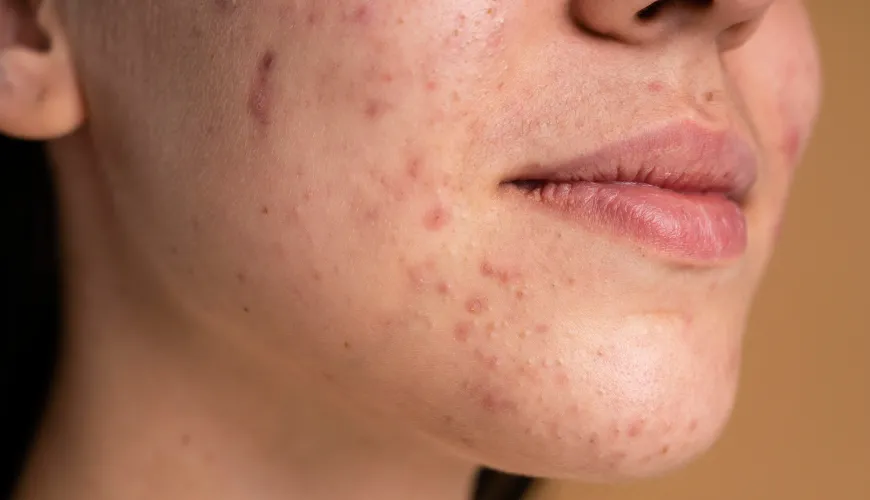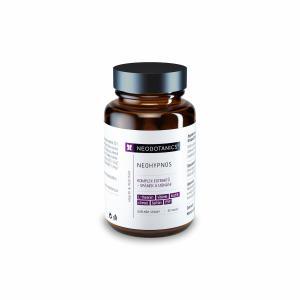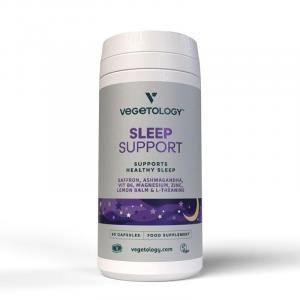
How long is liver regeneration after alcohol and what affects it

How Long Does Liver Regeneration Take After Alcohol and What Affects It?
The liver is one of the most burdened organs in the human body. Every day, it filters the blood, breaks down toxins, and is involved in dozens of metabolic processes. Although the liver has an extraordinary ability to regenerate, long-term or excessive alcohol consumption can significantly impair this ability. A question many people ask is: How long does it take for the liver to recover from excessive alcohol consumption? And what does it need for its regeneration?
The Liver and Alcohol - What Happens Inside the Body
With every glass of wine, beer, or hard liquor, the liver has to work on breaking it down. Alcohol is toxic to the body, and the liver must convert it into less harmful substances. However, this process produces acetaldehyde in large amounts—a highly toxic compound that can damage liver cells and cause inflammation.
With long-term excessive alcohol use, fat begins to accumulate in the liver, resulting in what is called steatosis or fatty liver. This condition is still reversible—if alcohol consumption is reduced in time, liver function can return to normal. However, if consumption continues, inflammation of the liver (alcoholic hepatitis) may develop, leading to liver fibrosis or cirrhosis, which is irreversible scarring of the liver tissue.
Quitting Alcohol - The First Days and Weeks Are Crucial
When a person stops drinking, the body immediately begins to work on repair. The first positive changes can appear within a few days. According to data from the British organization Drinkaware, liver function can begin to improve after just two weeks without alcohol. If a person remains sober for a month or longer, liver tissue inflammation decreases, and regeneration accelerates.
However, there is no universal answer to the question “how long does liver regeneration take after alcohol”? It all depends on the duration and intensity of drinking, overall health, age, gender, and lifestyle. Generally, mild liver damage (such as slight fatty liver) can recede within a few weeks to months if a person completely stops drinking and supports the liver with a suitable diet and exercise. More advanced damage requires longer time and professional supervision.
A Story That Repeats More Often Than It Seems
Just look around—perhaps in a pub or at a corporate party. Petr, 42 years old, a formerly successful graphic designer, gradually transitioned from occasional wine drinking after work to daily consumption of hard liquor. He couldn't imagine an evening without a drink, and eventually, not even a morning. When his doctor informed him after a routine check-up that his liver tests showed signs of damage and that he had fatty liver, he was shocked. At that moment, he started seeking answers as to whether anything could still be saved.
Change came slowly. The first few weeks were the hardest. Addiction, fatigue, and reluctance to change lifestyle. But after a month without alcohol, Petr noticed he slept better, had more energy, and his skin was no longer yellowish. After three months, the function of his liver tests significantly improved—though not completely, they indicated a hopeful direction. There are many stories like Petr's—and they show that the liver has a tremendous ability to heal if given a chance.
What Helps and Harms the Liver During Regeneration?
Besides completely avoiding alcohol, a total lifestyle change is crucial for restoring liver functions. There is no miracle pill, but some steps can significantly support regeneration:
- A diet rich in antioxidants and fiber - vegetables, fruits (especially blueberries, red beet, broccoli), whole grains, flaxseed
- Adequate hydration - ideally water, herbal teas (e.g., milk thistle, dandelion, turmeric)
- Regular exercise - reduces the amount of fat in the liver and the body as a whole
- Enough sleep and stress reduction - stress affects hormonal balance and subsequently liver function
- Avoiding other toxins - chemical cosmetics, pesticides in food, smoking
Conversely, highly processed foods, excessive sugar and fats, lack of exercise, or taking certain medications without consulting a doctor—especially paracetamol in high doses can be toxic to the liver—are harmful.
From natural supplements, milk thistle is often recommended, which contains the active substance silymarin. It has anti-inflammatory and antioxidant effects and supports the regeneration of liver cells. Studies published in the journal Phytotherapy Research confirm that silymarin can positively affect patients with alcoholic and non-alcoholic liver damage.
How to Recognize When the Liver Is Calling for Help?
Interestingly, the liver itself does not actually hurt—it doesn't have nerve endings, so even when something is wrong, a person often doesn't notice. This is the crux of the problem—most issues are discovered only when they are well advanced. The body does send certain signals, but they are often so subtle or interchangeable with something else that a person easily interprets them as the result of stress, fatigue, or poor diet.
For example, chronic fatigue—who doesn't have it today, right? Yet it can be one of the warning signs, as well as digestive issues, such as bloating, diarrhea, or frequent nausea. Sometimes unpleasant pain in the right part under the ribs occurs—and that starts to be suspicious. If all this is accompanied by jaundice or yellowing of the eyes, dark urine, light stools, or even skin itching, it would be wise to take notice.
And if swelling of the legs or ankles even appears, it's high time to reconsider one's lifestyle—the liver can handle a lot on its own, but when it signals that something is wrong, real attention should be paid.
If any of these symptoms appear, it is advisable to consult a doctor as soon as possible and have laboratory liver tests done. The sooner the problem is detected, the greater the chance of complete recovery.
A Month Without Alcohol as the Start of a New Chapter
In recent years, the challenge of "Dry February," where thousands of people give up alcohol for a month, has gained popularity. Besides testing one's dependency limits, significant physical changes can be observed within 30 days—improved sleep, digestion, mood, and, of course, liver regeneration. According to a study by the British university Royal Free Hospital, after one month without alcohol, liver fat decreases by up to 15%, blood pressure drops, and blood sugar levels improve.
Try our natural products
Such a month can be the first step towards a permanent change—and even if one returns to alcohol, it is often to a much lesser extent and with the realization that health is more valuable.
As the well-known nutrition specialist Dr. Jan Vojáček says: “The liver is like a sponge—it absorbs what we give it. But when we stop burdening it with toxins, it has an incredible ability to breathe again."
The answer to the question “How long does liver regeneration take after alcohol?” therefore depends primarily on ourselves. On how quickly we respond, how radically we reduce the burden, and how willing we are to change our habits. The liver, however, will repay us with proper care—and often more than we would expect.



